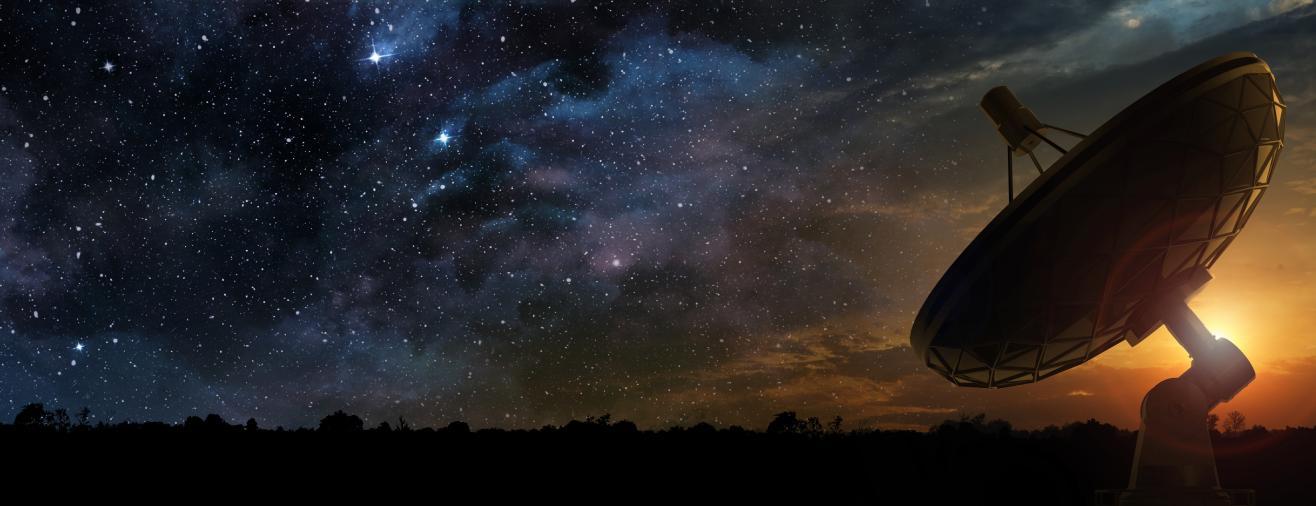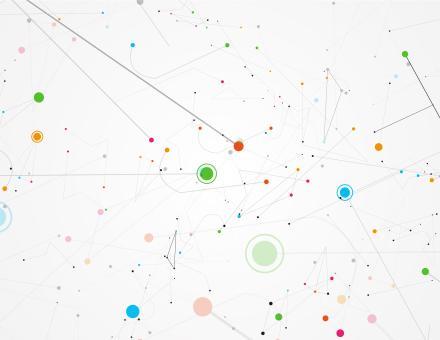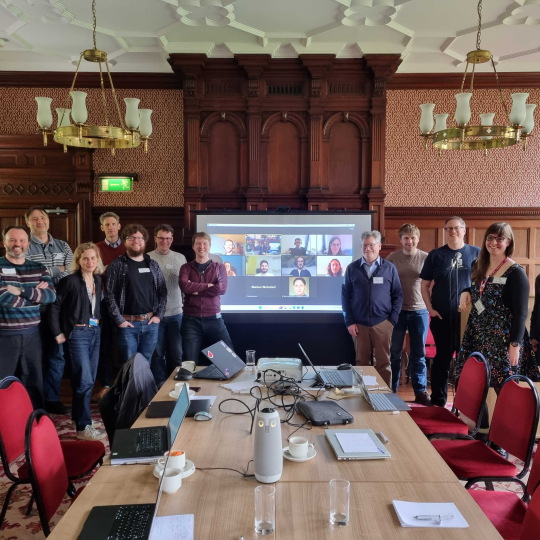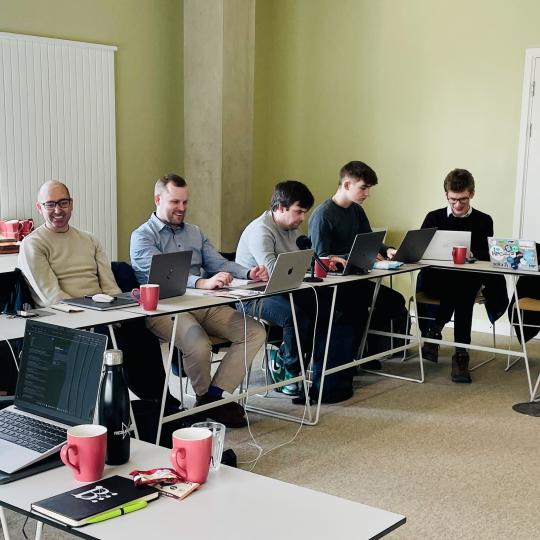The Mission of the SKAO
The Square Kilometer Array Observatory is a next-generation radio astronomy-driven Big Data facility that will revolutionise our understanding of the Universe and the laws of fundamental physics. Enabled by cutting-edge technology, it promises to have a major impact on society, in science and beyond.
The SKAO is an intergovernmental organisation bringing together nations from around the world. Its mission is to build and operate cutting-edge radio telescopes to transform our understanding of the Universe, and deliver benefits to society through global collaboration and innovation.
Beyond its significant contribution to academic research, the SKAO will impact four core areas: the economy, society, sustainability and culture. Amongst other themes, its vision calls for it to help educate the next generation and strengthen STEM fields; to ensure innovations developed for the SKA project deliver impact and benefit society; to minimise its impact on the environment, and to work so that the history and culture of Indigenous communities at the telescope sites are acknowledged, understood and protected.
By delivering on this ambitious vision, the SKAO has an unprecedented opportunity to be the global research infrastructure with the broadest overall impact of any currently in planning or implementation.
The observatory has a global footprint and consists of the SKAO Global Headquarters in the UK, the SKAO’s two telescopes at radio-quiet sites in South Africa and Australia, and associated facilities to support the operations of the telescopes.
Regional Centres
The SKAO's staggering data rates mean that a simple ‘download here’ option will not be appropriate – functionality to find, assess, manipulate and visualise SKA Data products needs to be made available to a global user community on shared computational resources.
To achieve this, the Observatory will be supported by a global network of SKA Regional Centres, or SRCs, distributed around the world in its member states. The University of Cambridge and Research Computing Services acts as one such centre.
As an SRC, Research Computing Services will provide access to data products, platforms for advanced scientific analysis, and user support and training for astronomers using data generated by the SKA telescopes.
Over the next 6 years the functionality and capacity of resources offered in the global SRCNet collaboration will develop in readiness for full SKA Operations. There are three key ways of engaging and developing the community: firstly by collaborating in a global software development effort (through community-funded software development teams at national SRC projects); providing support to users of pathfinder and pre-cursor data and bringing these experiences to bear on the SRCNet system designs; and through supporting work done by participating teams in SKA Science Data Challenges – giving an opportunity for community members to engage with simulated SKA data products and test their scientific workflows on these developing SRC platforms.







